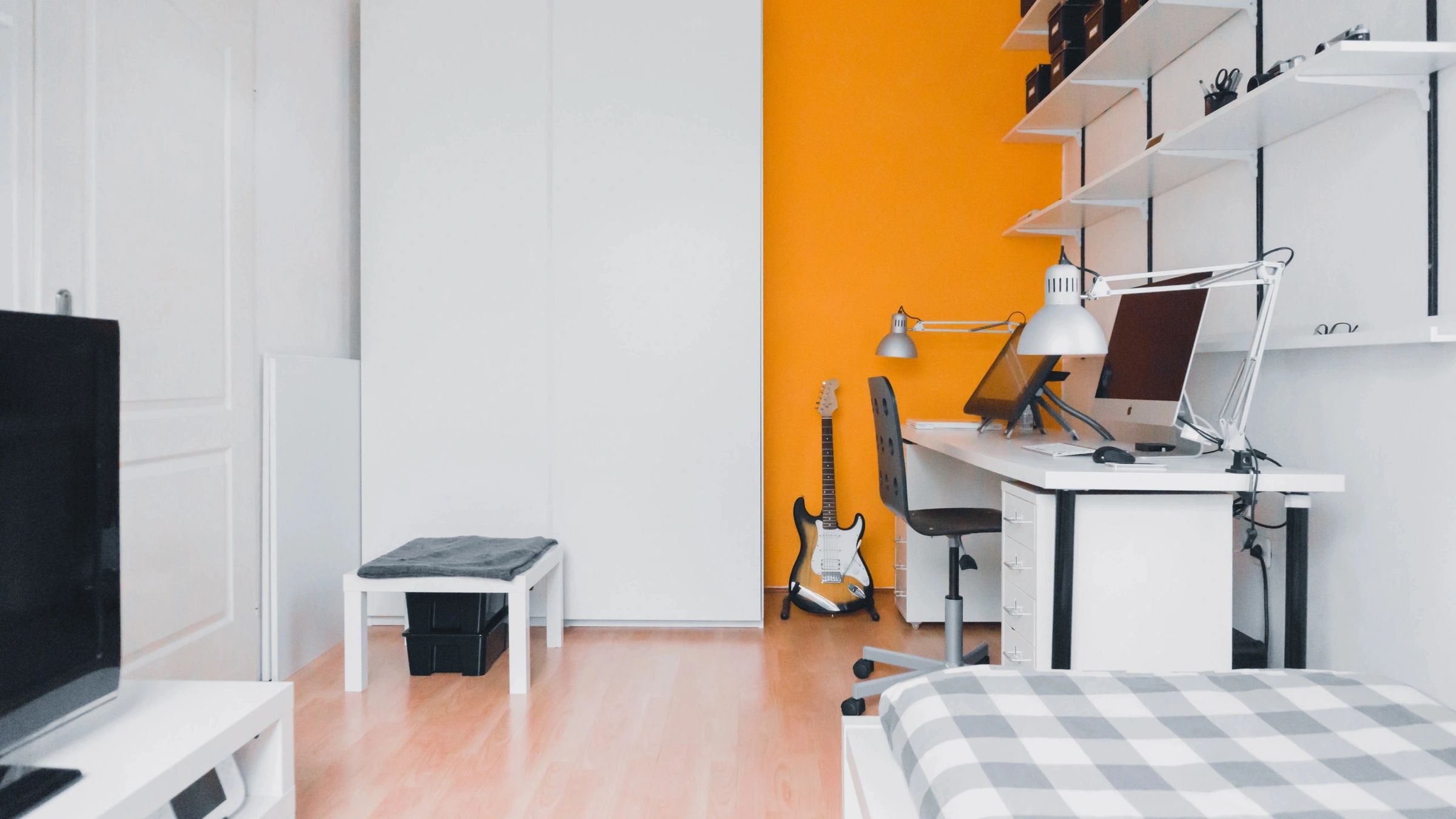University is a fun and challenging time for any young person, whether they are disabled or not. But for people living with disabilities, there are additional considerations that must be taken into account.
Fortunately, you don’t have to start from scratch if you currently have a disability. A lot of people in a similar predicament have been to college before – and thrived. Now, they’re here to share their knowledge and wisdom with you so that you can have the best experience possible.

Get Your Paperwork In Place
Before you even arrive at university, it is a good idea to get your paperwork in order. While colleges will provide lots of support, staff will need to see official documentation before rendering services and creating plans for you. This step can be annoying, but getting it sorted out first can help you avoid hassles when you arrive at your student halls or digs.
Many campuses offer a variety of disability services, from buses to handrails/lifts. You want to confirm via email ahead of time that you’ll have access to these. Try to avoid leaving it to the last minute, as that might make it challenging for campus staff to accommodate you.
Check The Support Services Offered By The Student Union
The student union is more than an activist organization, representing the interests of students. It’s also an administrative body that helps to ensure that people living with disabilities get access to the essential services that they need for their education.
Many student unions offer ancillary support services for disabled students – things that make it easier to get around campus or find parking spaces. If you join the union, you’ll also bump into people who have had similar experiences. Simple conversations can help orientate you. Experienced students will be able to provide you with tips and tricks about how to manage on campus.

Speak To The Local Doctors’ Office
Before you arrive at the university, you’ll want to check out the local medical facilities, just in case you need them. Most campuses offer a doctor’s office on-site that you can access quickly from your digs if you need it. Others outsource medical services, but this is rare.
If your disability is an integral part of your life, you may have chosen a particular educational institution depending on the services that it offers. If that’s the case, you will likely already know whether it can deliver the services you need. However, sometimes you don’t know which college you’re going to until the last minute – in which case, you’ll want to call ahead and check the provisions.
Figure Out What Qualifies As Disabled
It’s a question that all people with serious health problems have asked themselves at one point or another. The law states basic standards for having a disability. Still, different universities may have alternative arrangements, including more definitions of disability into their policies.
For instance, the law might not define you as having a disability, but the university might. And that could affect their policies towards you (including the length of time you have to prepare for examinations).
Consider Where You Will Get All The Things You Need
If you have a disability, getting around can sometimes be a challenge. For that reason, you need to cover your bases by ensuring that you have delivery options and that you’re close to essentials you might need in an emergency.
Say, for instance, you rely on battery-powered equipment to help you through the day. If so, then you need to be close to a convenience store that sells them. You should be able to get shopping delivered, but if you can’t, it’s always helpful to have a grocer nearby.

Find Out When And Where Safety Buses Run
Some universities run so-called “safety buses” for disabled students. These services ensure that you never get stuck away from your residence and that you can always find your way home.
If you’re unsure whether your college runs these, be sure to check with the student union. They’ll be able to tell you whether this is an option for you. These services can be a real life-saver when you’re not able to get a taxi, and you’re a long way from home.
Locate The Nearest Laundromat
Some student digs have their own clothes washing facilities, but not all of them. Most halls don’t at all and outsource washing facilities to an on-site laundrette. Again, you’ll want to check the location is close to where you will live. You don’t want to have to lug piles of washing miles across campus. That’s no fun.
Look For Where You Can Get Support
Universities and colleges should have a support department that will bend over backward, should you ask them for help. Usually, services for disabled students go well beyond those of everyone else. Part of their role is to ensure that you have everything you need to support your studies and get on with work. Sometimes, they’ll take down your details and then create relationships with your wider support network – with your permission, of course. They’re also there to listen to your issues and talk to you about what you can do to alleviate problematic situations. Think carefully about which options are best for you. Giving third-party access to your parents’ contact details could be a good thing, but not necessarily.
Join University Facebook Groups For Your Disability
Most universities host thousands of students per year. Some have more than 100,000 people studying at any given time. Thus, they are enormous institutions.
Therefore, the chances are that there will be other members of the community with the same disabilities as you. They will often set up Facebook groups to provide support, advice, and information specific to your particular condition.
Being a member of a Facebook group also introduces you to people. Having the same disability as other people is an immediate icebreaker and something you can discuss from the start.
Don’t Go To University With High Expectations
People lump a lot of expectations on their own shoulders when they go to university. It’s supposed to be the “time of your life,” but it isn’t for many people. Nearly half of all students drop out before the end of their programs. Clearly, it doesn’t work for them.
Don’t pressure yourself to have a good time. See it as training for the life that you want in the future, and just get stuck in. University is about partying and having a good time, but it’s also about laying the groundwork for a productive future. Primarily, you’re not there to have the time of your life. Instead, it’s like anything else in life – something you’re trying to complete or achieve.
If the good times roll, then consider yourself lucky. If they don’t, you haven’t missed the opportunity to have a good time for the rest of your life. University was just a little disappointing for you.
If you don’t have the time of your life at college, it doesn’t mean you’ve failed. All sorts of circumstances can get in the way of having a good time, many of which have nothing to do with you. Putting pressure on yourself is a great way to ensure that you come away feeling like you’ve missed out.
The best strategy is to go into it without any particular expectations. If it turns out great, then fine. If it doesn’t, that’s also fine.

Keep In Touch With People Back Home
When you go to university, you can sometimes lose touch with friends and family back home, which can leave you feeling blue. Staying in touch, therefore, is vital and lets you remain grounded.
Keeping communication alive is easier than ever before these days, thanks to technology, but you still need to be proactive. Just waiting for people to contact you is a recipe for disaster. You can be hanging around for weeks before somebody picks up the phone.
If possible, try to create a contact timetable. Perhaps set aside one chat per week so that you can remain in touch and continue to foster relationships with people back home. Don’t forget that many of the people you speak with during term time will also be there waiting to get home during the holidays.
Put Yourself Out There
Having a disability can sometimes knock your confidence and leave you feeling like you won’t fit in. Therefore, many people with disabilities make a conscious effort to introduce themselves to as many people as possible when they arrive. It’s tough if you’ve never done it before, but introducing yourself to people quickly breaks the ice and helps you create new bonds.
Set yourself up by the front door and greet everyone who arrives at your new student halls. Everyone will see you as a point of reference and somebody who can help them in their time of need. You can wear a silly hat to indicate that you’re an outgoing person they can talk to if they have questions.


